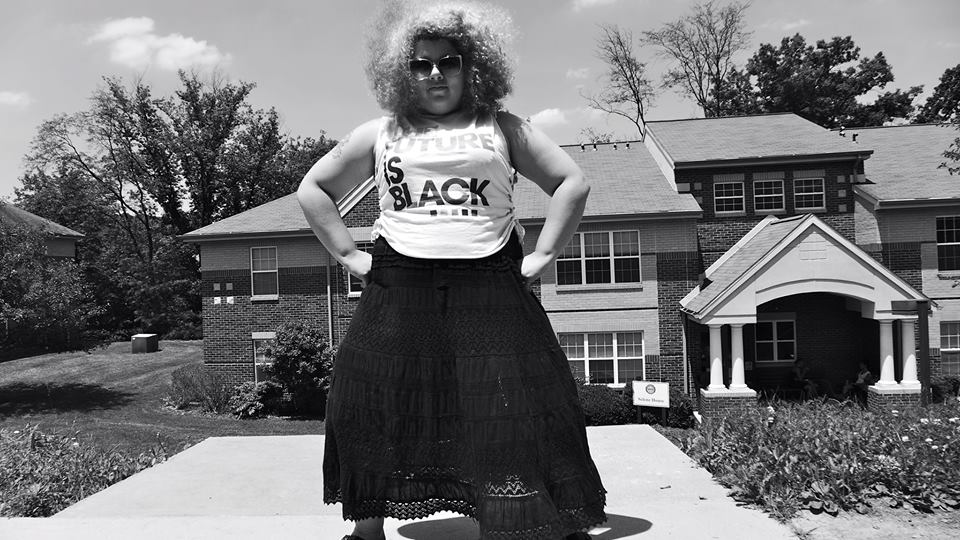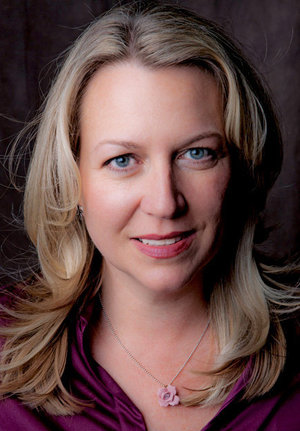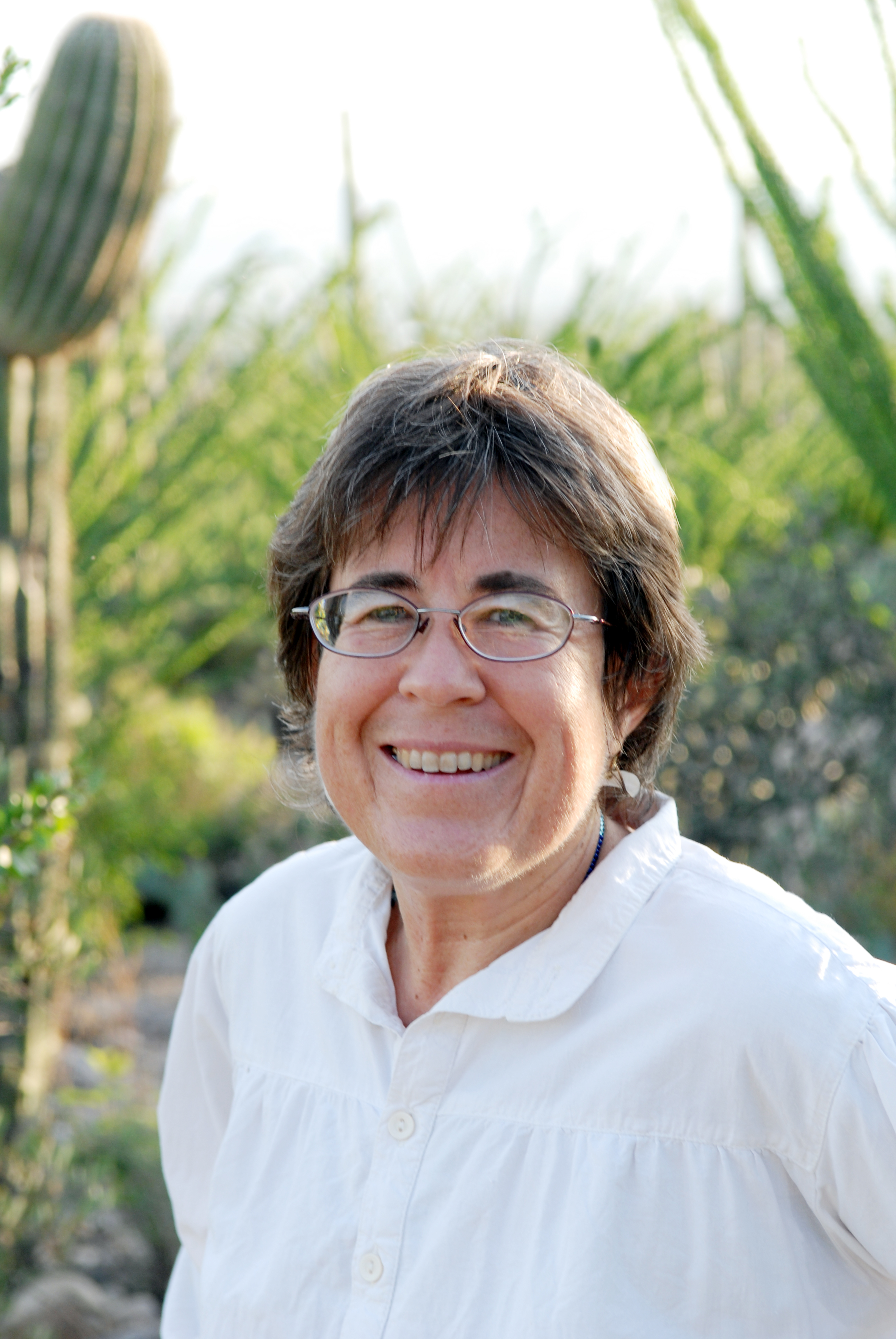Red Hen Press, founded by Kate Gale and Mark E. Cull, has been a part of the Los Angeles publishing world since 1994 and remains one of the few literary presses in the city. Red Hen hosts a series at the historic Annenberg Community Beach House in Santa Monica. A P&W–supported reading on September 9, 2014 featured poets Afaa Michael Weaver, Douglas Kearney, Brett Fletcher Lauer, and Robin Coste Lewis and was moderated by Red Hen Press founder Kate Gale. R&W (West) program assistant, Brandi M. Spaethe, attended the reading and writes on her experience.

My first time at the Annenberg Community Beach House, I arrived when the sun was still just high enough to sink into the ocean as four wonderful poets read their work. One reader commented: “How can I compete with that?” The audience faced the reader who faced a wall of windows. We were all part of the spectacle for each poet who stood at the podium. They were a reflection of the setting sun and the turn of day to night.
In the 1920s, William Randolph Hearst erected a mansion for Marion Davies on the site where the Annenberg Community Beach House currently resides, and it became a place for Hollywood stars to congregate. Joseph Drown purchased the house from Davies in the 1940s and converted the property into a hotel and beach club. Many years later, the state took over and continued to run it as a beach club until the Northridge earthquake in 1994 damaged all properties on site. The Annenberg Community Beach House was built via a grant from the Annenberg Foundation as a place for the Santa Monica community and surrounding communities.
Red Hen Press has sparked a tradition of poetry at the beach house with past readers who include Susan Straight, Ilya Kaminsky, Camille T. Dungy, and Ron Carlson. One of the night’s readers, Brett Fletcher Lauer from Brooklyn, New York, joked with me about arriving far ahead of schedule due to a warning from the locals about the traffic. He said it gave him a chance to sit outside the beach house and enjoy the scenery. After the reading, P&W–supported writer Douglas Kearney waxed poetic about the ocean at night and how daunting a thing it was. Many of us made note of the space, commenting on its magic.
First to the podium was Robin Coste Lewis, who is currently in the PhD in creative writing program for poetry at the University of Southern California. Her elegance and poise matched the power of her words while the low sun highlighted her beautiful ensemble. Brett Fletcher Lauer read work from his recent book A Hotel in Belgium, making note of its darkness, which was never deprecating or pitiful, but rather stunning in its revelations—enough to make you consider your own station. P&W–supported poet Douglas Kearney, in true Kearney fashion, shifted the tone of the reading with eye-opening crescendos and anaphoras from his published work, including his most recent book of poetry, Patter. His performance asked us to sit up and pay attention. The sun sank lower, almost out of sight now, almost gone. The final note, and a rising one, was P&W–supported poet Afaa Michael Weaver. He shared poems from a variety of his publications with a wisdom that seemed to come from a life of having seen much darkness and written through it. The audience listened intently, catching its breath as he delivered each line.
Red Hen Press will host the next Annenberg Community Beach House reading on October 14th at 6:30 PM, featuring Leia Penina Wilson, Genevieve Kaplan, Jessica Piazza, and Mary Johnson. The readings are free. More information can be found here.
Major support for Readings & Workshops in California is provided by the James Irvine Foundation. Additional support comes from the Friends of Poets & Writers.





 “Being granted with this opportunity to take root in a city so rich with history, creativity and tenacity is truly an honor,” Rocheteau wrote on the
“Being granted with this opportunity to take root in a city so rich with history, creativity and tenacity is truly an honor,” Rocheteau wrote on the 
 Using the
Using the  What techniques do you employ to help shy writers open up?
What techniques do you employ to help shy writers open up? Robinson, who won the Pulitzer Prize for her 2004 novel Gilead, has twice been a finalist for the National Book Award, for her novels Home (2008) and Housekeeping (1980). Antopol was named one of the National Book Foundation's
Robinson, who won the Pulitzer Prize for her 2004 novel Gilead, has twice been a finalist for the National Book Award, for her novels Home (2008) and Housekeeping (1980). Antopol was named one of the National Book Foundation's